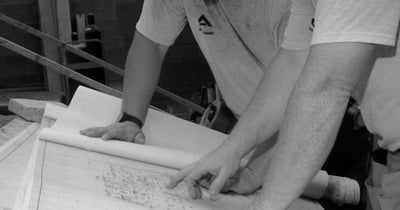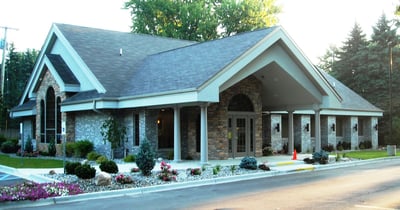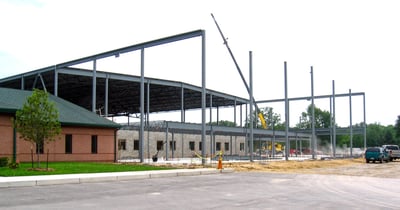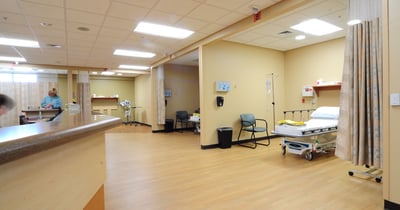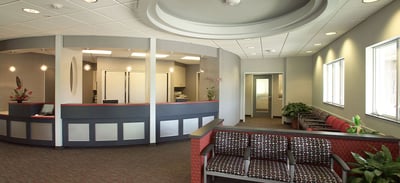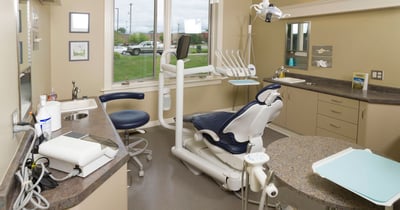As an update to this blog originally posted a few years ago, we have new information to add from the June 2018 Design-Build Utilization Report funded by Design-Build Institute of America. Findings in this report determined that popularity continues to grow for this delivery method. The results showed, "Design-Build Construction spending in the assessed segments is anticipated to increase 18% from 2018 - 2021", and will likely represent 44% of construction spending by 2021. Researchers determined that the education of building owners on Design-Build benefits is gaining traction, and more owners are experiencing enjoying the benefits first hand. Additionally, FMI Corporation, a management consulting and investment company, had released a report in March 2019 titled 2019 AGC/FMI Risk Management Survey, whereby they found that "38% of contractors were <planning> to increase their in-house design capabilities last year and 43% this year". So there will be more collaboration, less risk, and more competition among design and construction moving forward.
Original blog article:
According to the May 2013, “Design-Build Project Delivery Market Share and Market Size Report” by Reed Construction Data and RS Means Intelligence, Design-Build construction delivery method has taken an additional 9% of the construction market since 2005 and General Construction has lost 10% of the market share in that same time.

